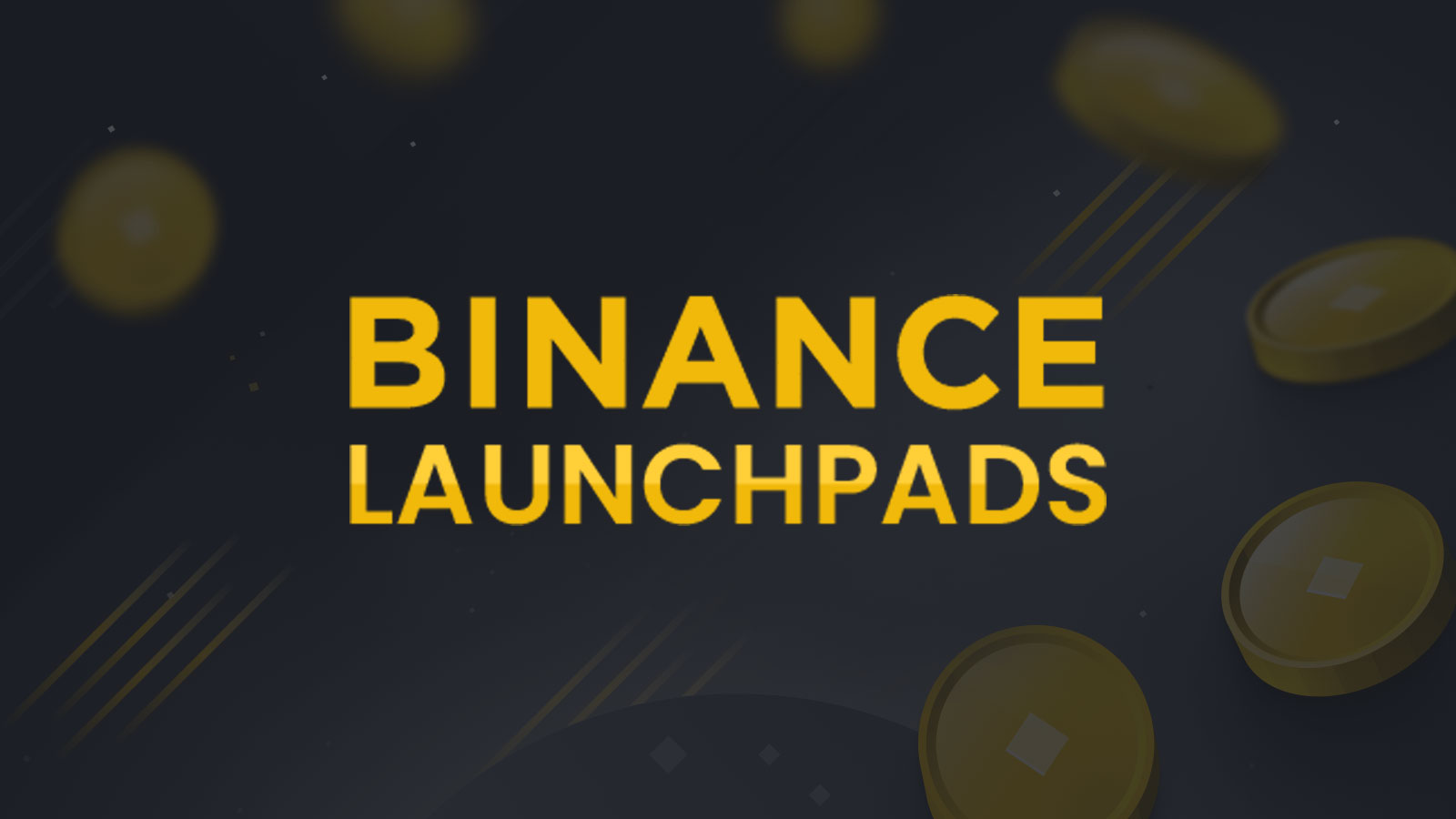November 19, 2024
Why Regulatory Standards Matter for Blockchain Innovation
As blockchain technology continues to revolutionize industries worldwide, the importance of regulatory standards has become increasingly evident. While blockchain offers decentralization, transparency, and security, the lack of clear regulations can hinder its widespread adoption and integration into mainstream systems. Understanding why regulatory standards matter is crucial for both innovators and investors in the blockchain space. Here’s an in-depth look at how regulations impact blockchain innovation and why they are essential for the technology’s future.
1. Building Trust with Mainstream Institutions
Regulatory standards provide a framework that helps traditional institutions understand and trust blockchain technology. Banks, governments, and large corporations are more likely to adopt and invest in blockchain solutions when there is a clear legal structure governing their use.
Key Points:
- Legitimacy: Regulations legitimize blockchain projects, making them more acceptable to conservative industries.
- Risk Mitigation: Clear guidelines help institutions assess and manage risks associated with blockchain adoption.
2. Protecting Investors and Consumers
Regulations are designed to protect the interests of investors and consumers by ensuring transparency and accountability in blockchain projects.
Key Points:
- Preventing Fraud: Regulatory oversight can reduce scams and fraudulent activities in the crypto space.
- Information Disclosure: Requirements for transparent communication help investors make informed decisions.
3. Facilitating Global Expansion
For blockchain projects aiming for international reach, understanding and complying with regulatory standards in different jurisdictions is essential.
Key Points:
- Market Access: Compliance opens doors to markets that might otherwise be inaccessible due to legal barriers.
- Cross-Border Transactions: Regulations facilitate smoother international transactions and collaborations.
4. Encouraging Sustainable Innovation
Regulatory standards can drive innovation by setting boundaries that encourage ethical practices and sustainable development.
Key Points:
- Quality Assurance: Regulations can promote high standards for security and performance.
- Long-Term Viability: Projects built with regulatory compliance in mind are more likely to succeed in the long run.
5. Balancing Decentralization and Compliance
One of the challenges in blockchain innovation is balancing the decentralized nature of the technology with the need for regulatory compliance.
Key Points:
- Hybrid Models: Some projects adopt a hybrid approach, combining decentralization with necessary compliance measures.
- Technological Solutions: Innovations like smart contracts and decentralized identity can help achieve compliance without sacrificing core blockchain principles.
6. Driving Institutional Investment
Institutional investors often require regulatory compliance as a prerequisite for investment.
Key Points:
- Increased Funding Opportunities: Compliance attracts venture capitalists, hedge funds, and other large investors.
- Market Confidence: Regulatory adherence boosts confidence among stakeholders and the broader market.
7. Challenges and the Path Forward
While regulations are essential, they can also pose challenges by introducing complexities and potential restrictions.
Challenges:
- Regulatory Uncertainty: Rapidly changing laws can create confusion for blockchain projects.
- Compliance Costs: Meeting regulatory requirements can be resource-intensive.
Path Forward:
- Active Engagement: Blockchain innovators should engage with regulators to help shape sensible policies.
- Adaptive Strategies: Developing flexible business models that can adjust to regulatory changes.
Conclusion
Regulatory standards play a vital role in the maturation and acceptance of blockchain technology. They help build trust, protect participants, and enable sustainable innovation. By understanding and embracing regulations, blockchain projects can navigate the complexities of compliance while continuing to drive technological advancements. Ultimately, a collaborative approach between innovators and regulators will pave the way for blockchain’s integration into the global economy.



